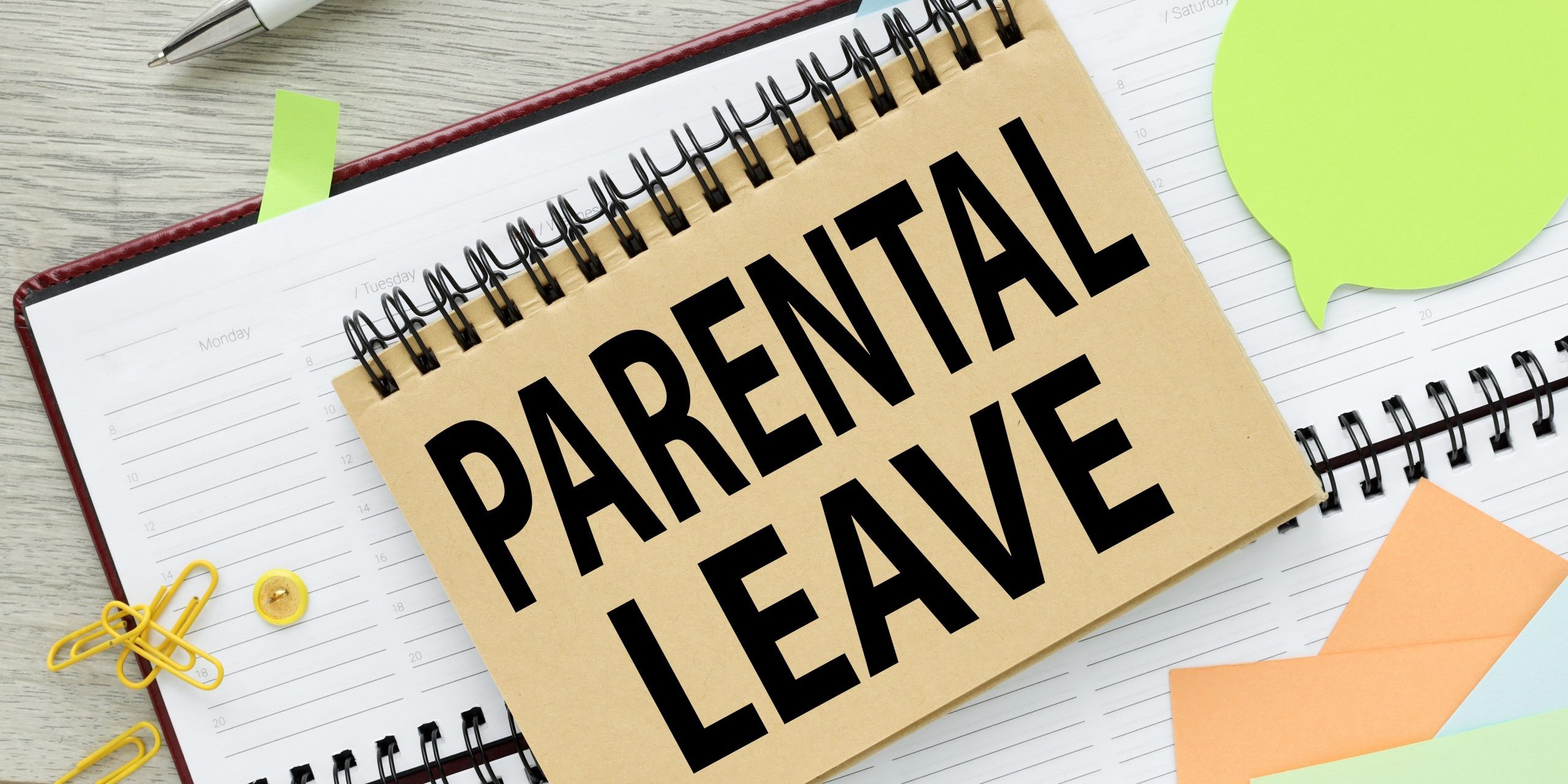“Current Maternity Provisions are Unconstitutional,” says High Court
The following articles refer:
Parental Leave Policy Template Update 25 10 24
On 25 October 2023, the Gauteng High Court per Sutherland DJP handed down judgment declaring the provisions of the Basic Conditions of Employment Act, 75 of 1997 (“BCEA”) relating to maternity-, parental-, adoption- and commissioning parental leave and the relevant provisions of the Unemployment Insurance Act, 63 of 2001 (“UIA”) unconstitutional and invalid for falling foul of the rights to equality and dignity in terms of sections 9 and 10 of the Constitution of the Republic of South Africa, 1996 (“Constitution”).
The current Basic Conditions of Employment Act (BCEA) provisions that regulate maternity leave, allowing child-bearing employees to four months unpaid maternity leave have been declared unconstitutional – a violation of the rights to equality and human dignity. Similarly, the parental leave, adoption leave, and commissioning parental leave provisions (which were included into the BCEA in January 2020) also unfairly discriminate. Under the current BCEA, the parent who is not the child-bearing partner would qualify for 10 days parental leave. In the case of adoption and commissioning parental leave, a 10-week period of absence would be afforded to one of the partners.
The court suspended the declaration of invalidity for two years in order for Parliament to affect the required amendments to cure the unconstitutionality of the provisions of the BCEA and UIA. In the interim, the court has ordered a reading of the legislation that affords all parents 4 consecutive months’ parental leave (parents of a qualifying child are in a position to share the 4 months leave as they elect) until Parliament remedies the defect.
The background to this matter vests in the fact that Werner van Wyk applied to his employer for four months of leave to care for his newborn child after his wife returned to operating her two businesses following the birth of their child. The request was declined. Werner van Wyk and others took the Minister of Employment and Labour to the Gauteng High Court.
The Court has found that these provisions unfairly discriminate between mothers and fathers, between one set of parents and another based on whether their children were born of the mother, conceived by surrogacy or were adopted. This declaration of invalidity has been suspended for two years to allow the Parliamentary processes to address this in amended legislation.
The Court noted, for example, that: “To accord a paltry 10 days’ leave to a father speaks to a mind-set that regards the father’s involvement in early parenting as marginal. In my view this is per se so offensive to the norms of the Constitution that it impairs a father’s dignity. Long standing cultural norms which exalt motherhood are not a legitimate platform for a cantilever to distinguish mothers’ and fathers’ roles. Parenting is… onerous, involving actual work, resilience in the face of exasperation, anxiety…extreme exhaustion, sacrifice of sleep and sacrifice of the pursuit of other interests. A father who chooses to share in this experience…can indeed complain that the absence of equal recognition in the BCEA is unfair discrimination”.
The current BCEA provisions are largely deleted and substituted with the provisions that single parents or a pair of parents are collectively entitled to at least 4 months consecutive parental leave. In the case where there are a pair of parents, the said leave can be taken in accordance with their election where either one parent can take the whole period, or each parent can take turns at taking the leave. The respective employers of the parents must be notified prior to the date of birth in writing of the election, as well as the specific periods to be taken by each parent.
Pregnant mothers still need to take leave at least 4 weeks before the expected date of birth and may generally not return until 6 weeks after the birth. However, for all other purposes, the word “maternity” shall be read as “parental” and in this way there is no unfair differentiation based on sex, manner of becoming a parent and whether there is a single parent or pair of parents. The four-month period is available irrespective, and can be taken by one parent or both, as long as the four- month period is not exceeded and if the respective employers are notified of the specific periods of absence.
The UIF will be amended in context and if the parent or parents are contributing to UIF, they will qualify for such benefits.
It is important that all employers amend their policies and practices that regulate parental leave in a broad sense – maternity leave, adoption, commissioning surrogacy leave and parental leave in the old sense.
Click here to read more.









